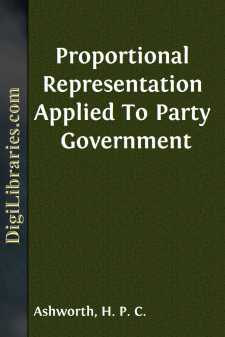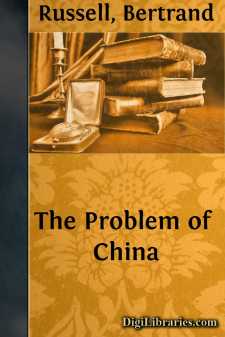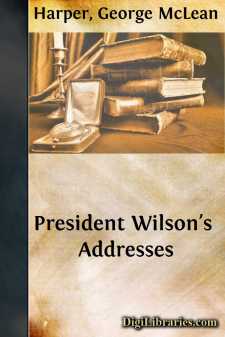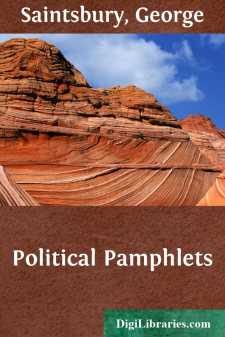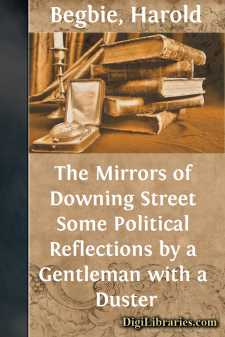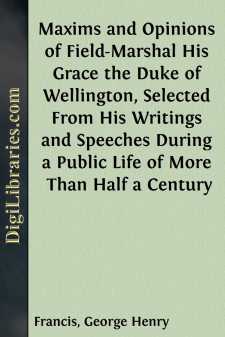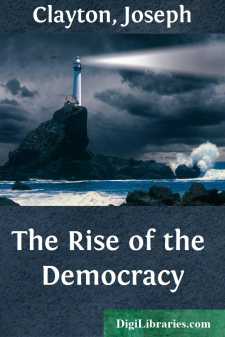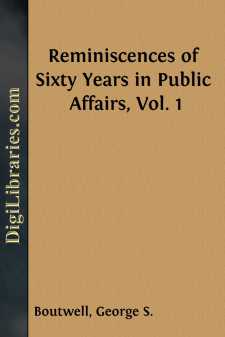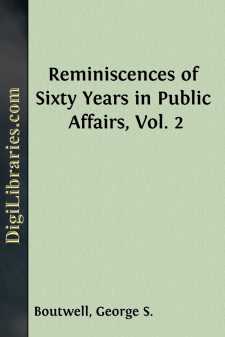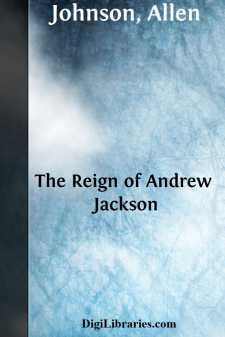Political Science
Political Science Books
Sort by:
CHAPTER I. THE TRUE PRINCIPLES OF POLITICAL REPRESENTATION. Old establishments, like the British Constitution, said Edmund Burke, "are not often constructed after any theory; theories are rather drawn from them." In setting out on an endeavour to understand the principles underlying political representation, the saying expresses exactly the course which should be followed. The inquiry is the...
more...
by:
Bertrand Russell
CHAPTER I QUESTIONS A European lately arrived in China, if he is of a receptive and reflective disposition, finds himself confronted with a number of very puzzling questions, for many of which the problems of Western Europe will not have prepared him. Russian problems, it is true, have important affinities with those of China, but they have also important differences; moreover they are decidedly less...
more...
[Delivered at the Capitol, in Washington, March 4, 1913.] There has been a change of government. It began two years ago, when the House of Representatives became Democratic by a decisive majority. It has now been completed. The Senate about to assemble will also be Democratic. The offices of President and Vice-President have been put into the hands of Democrats. What does the change mean? That is the...
more...
INTRODUCTION It is sometimes thought, and very often said, that political writing, after its special day is done, becomes more dead than any other kind of literature, or even journalism. I do not know whether my own judgment is perverted by the fact of a special devotion to the business, but it certainly seems to me that both the thought and the saying are mistakes. Indeed, a rough-and-ready refutation...
more...
by:
Harold Begbie
INTRODUCTION Let me say that I hope I have not betrayed any confidences in these sketches. Public men must expect criticism, and no criticism is so good for them, and therefore for the State, as criticism of character; but their position is difficult, and they may justly complain when those to whom they have spoken in the candour of private conversation make use of such confidences for a public...
more...
MEMOIR OF HIS GRACE THE DUKE OF WELLINGTON. Arthur Wellesley, Duke of Wellington, is the fourth son of Garret,second Earl of Mornington, by Anne, the eldest daughter of Arthur Hill,Viscount Dungannon. He was borne at Dangan Castle, in the county ofMeath, Ireland, on the 1st of May, 1769. As in the case of many of the chief nobility and landholders in Ireland, the ancestors of the Duke were scions of an...
more...
by:
Joseph Clayton
INTRODUCTION The British Influence Our business here is to give some plain account of the movement towards democracy in England, only touching incidentally on the progress of that movement in other parts of the world. Mainly through British influences the movement has become world wide; and the desire for national self-government, and the adoption of the political instruments of democracy—popular...
more...
INTRODUCTION At the request of my daughter and my son and by the advice of my friends, the Honorable J. C. Bancroft Davis and the Honorable William A. Richardson, I am venturing upon the task of giving a sketch of my experiences in life during three fourths of a century. The wisdom of such an undertaking is not outside the realm of debate. A large part of my manhood has been spent in the politics of my...
more...
My election to Congress in 1862 was contested by Judge Benjamin F. Thomas, who was then a Republican member from the Norfolk district. The re-districting of the State brought Thomas and Train into the same district. I was nominated by the Republican Convention, and Thomas then became the candidate of the "People's Party," and at the election he was supported by the Democrats. His course in...
more...
by:
Allen Johnson
CHAPTER I JACKSON THE FRONTIERSMAN Among the thousands of stout-hearted British subjects who decided to try their fortune in the Western World after the signing of the Peace of Paris in 1763 was one Andrew Jackson, a Scotch-Irish Presbyterian of the tenant class, sprung from a family long resident in or near the quaint town of Carrickfergus, on the northern coast of Ireland, close by the newer and more...
more...


